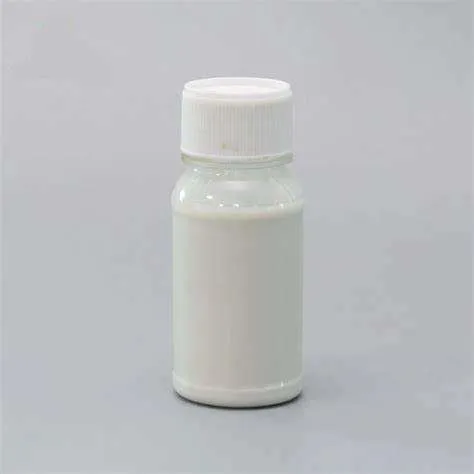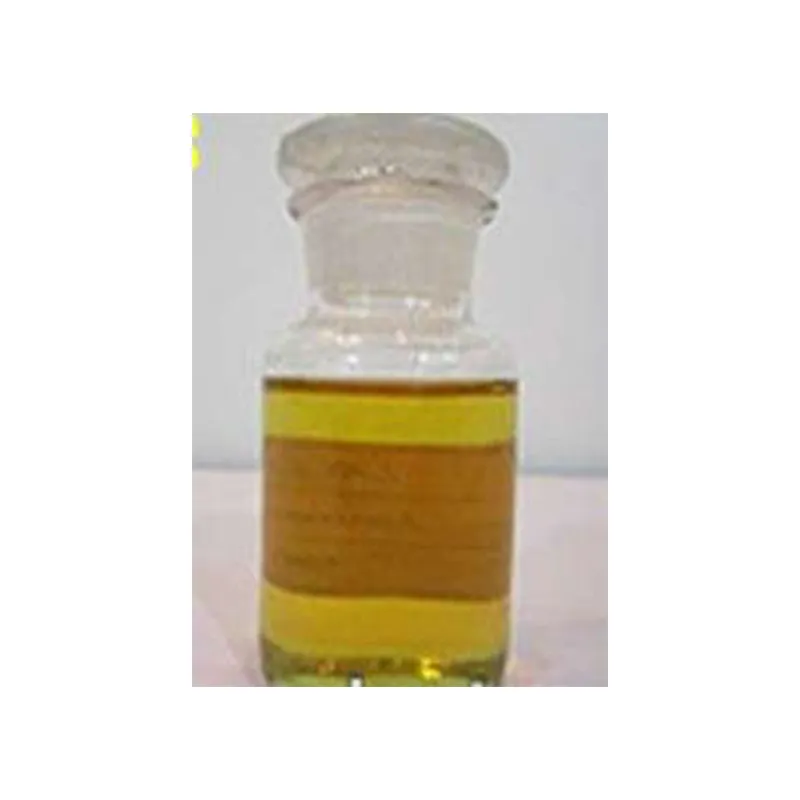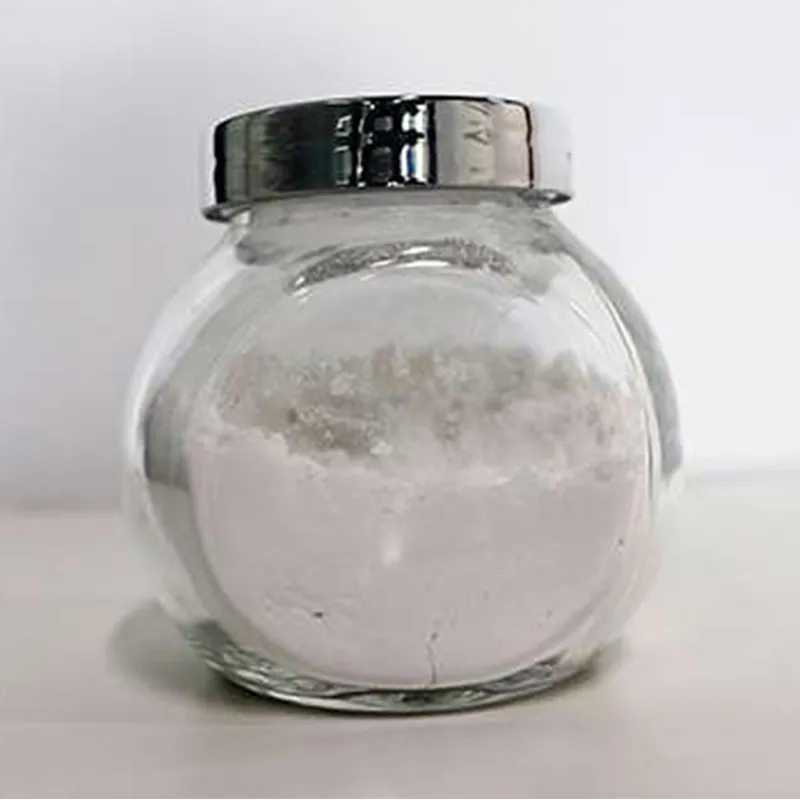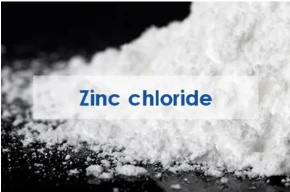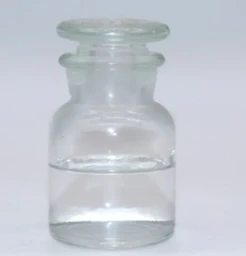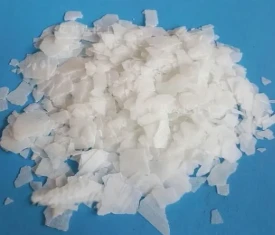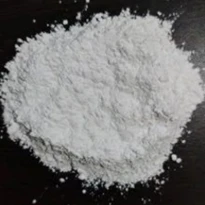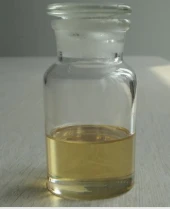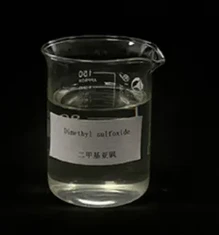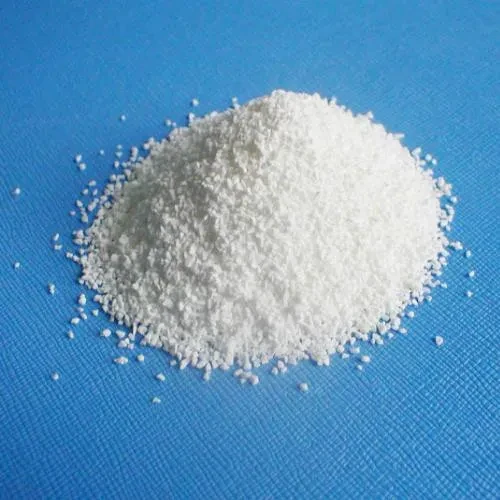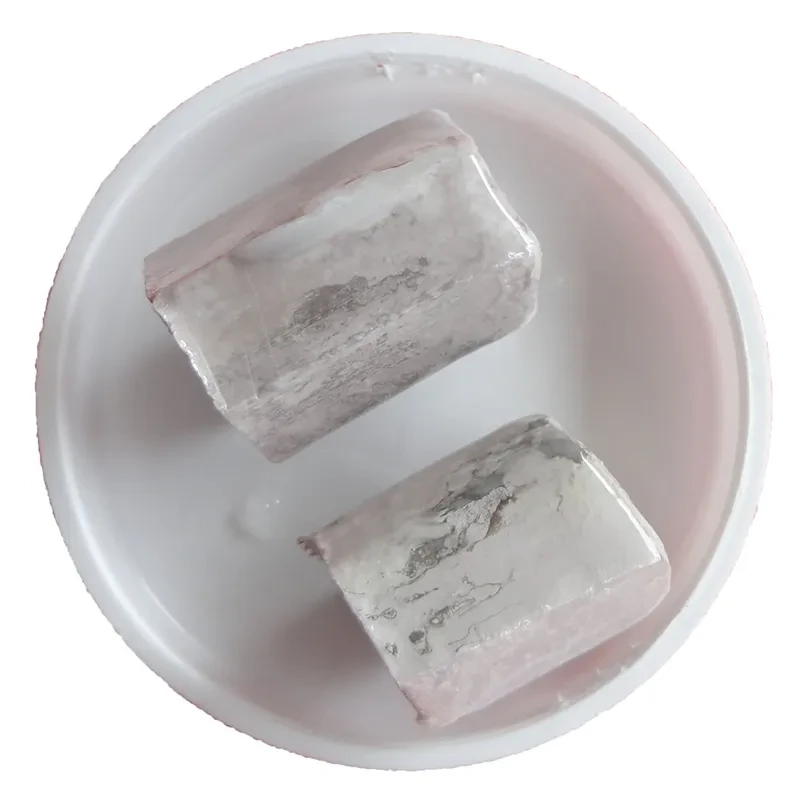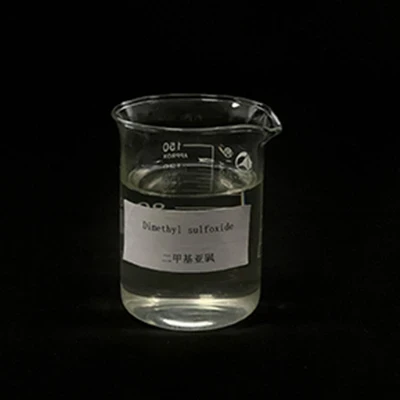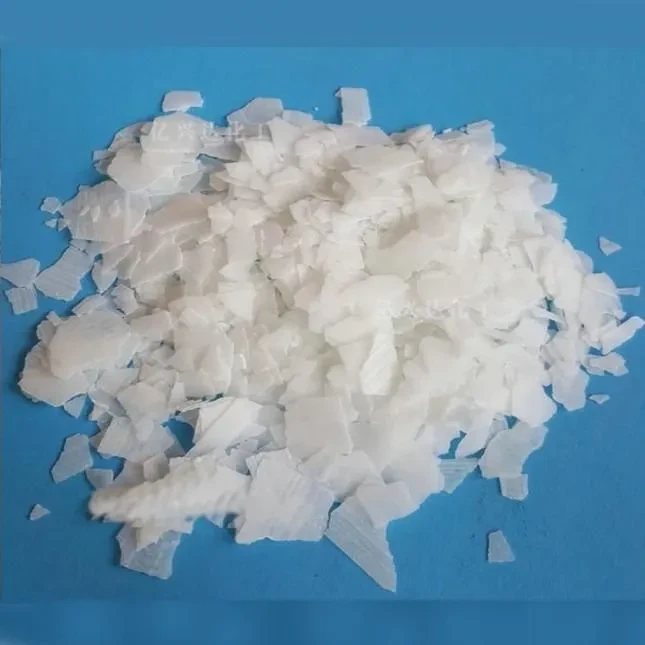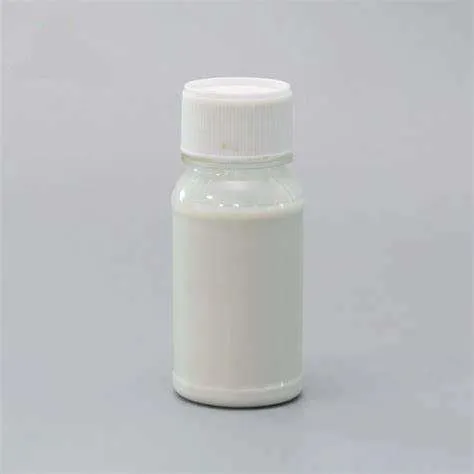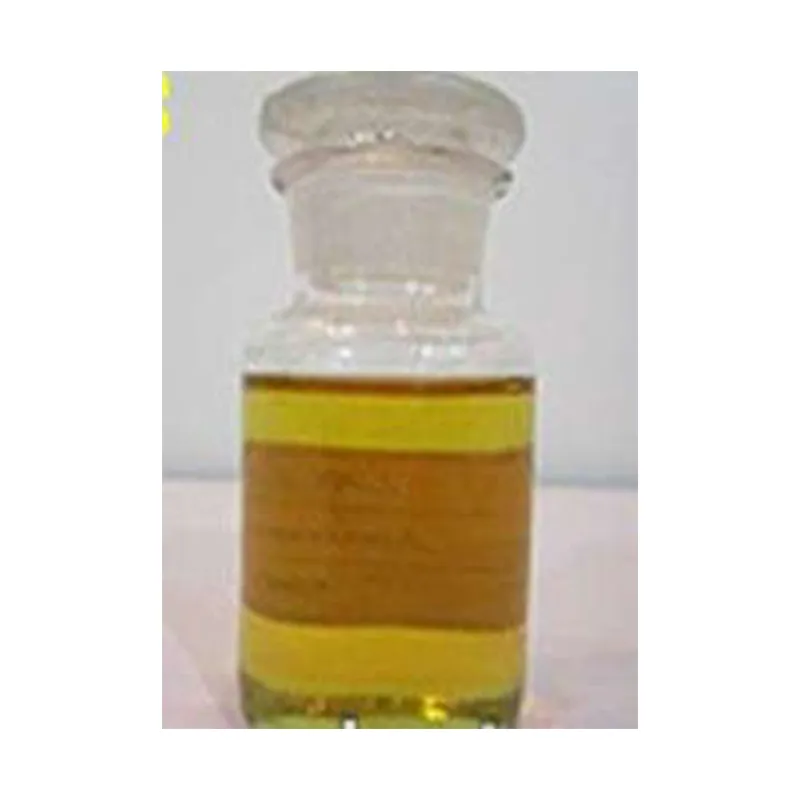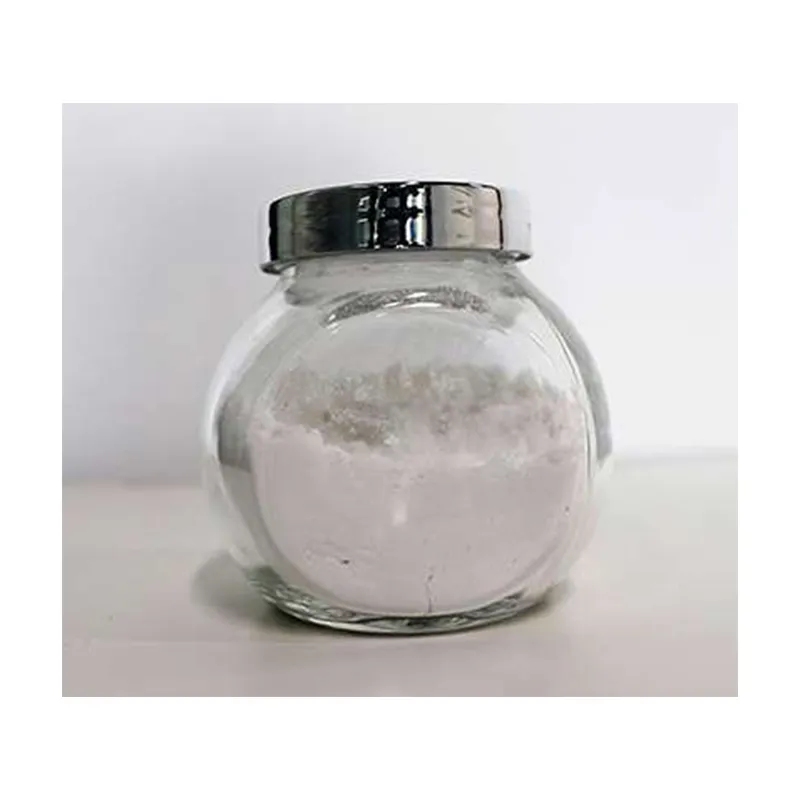CAS No.: 178928-70-6
Fórmula molecular: C14H15Cl2N3OS
Peso molecular: 344,26
|
Punto de fusión |
139.1-144.5° |
|
Punto de ebullición |
486.7±55.0 °C(Predicted) |
|
Densidad |
1.50±0.1 g/cm3(Predicted) |
|
temperatura de almacenamiento |
Inert atmosphere, Room Temperature |
|
solubilidad |
DMSO (ligeramente), metanol (ligeramente) |
|
pka |
6.9 (a 25℃) |
|
forma |
Sólido |
|
color |
De blanco a amarillo claro |
|
Símbolo (GHS) |
|
|
Palabra de señal |
Advertencia |
|
Códigos de peligro |
|
|
RIDDAR |
UN3077 9/PG 3 |
|
Código HS |
2933998090 |
Prothioconazole is a triazolinethione derivative, which can be used as a fungicide in order to inhibit the activity of demethylase enzyme. It can be used in the treatment of infection in crops like wheat, caused by Mycosphaerella graminicola, a plant-pathogenic fungus.
Prothioconazole is widely used in agriculture as a fungicide. Its purpose in this field is to control fungal diseases in crops such as cereals, fruits, and vegetables. The mechanism of action of Prothioconazole involves inhibiting the biosynthesis of ergosterol, an essential component of fungal cell membranes. By disrupting the production of ergosterol, Prothioconazole effectively prevents the growth and reproduction of fungi, thus protecting crops from fungal infections.
El protioconazol se utiliza principalmente en cereales, soja, semillas oleaginosas, arroz, cacahuetes, remolacha azucarera y hortalizas, con un amplio espectro de actividad fungicida. Presenta una excelente eficacia contra casi todas las enfermedades fúngicas de los cereales. Puede utilizarse tanto como pulverización foliar como tratamiento de semillas.



